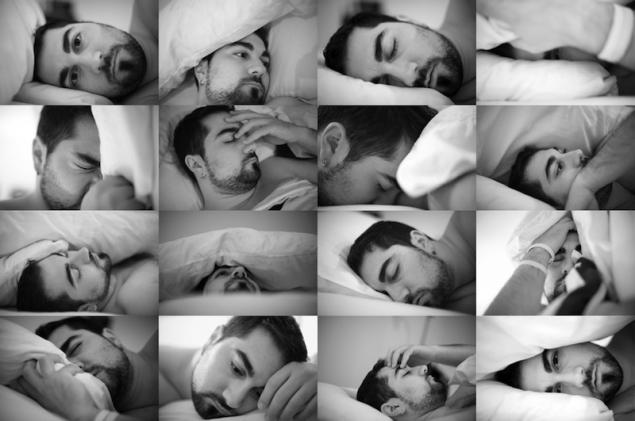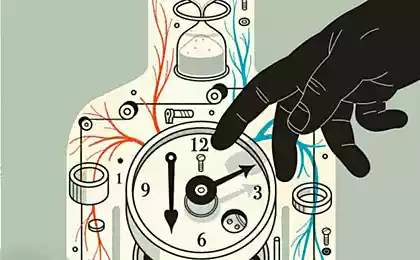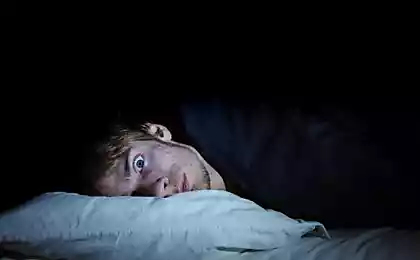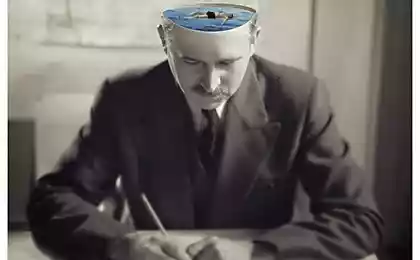432
Scientists believe that sleep time is dictated by our genes

It turns out, according to a December 2 article in the scientific journal Molecular Psychiatry, sleep or wakefulness a person a night not necessarily depend on his fatigue that had accumulated for the whole day. This indicator can also be directly related to its genes.
Scientists report that analyzed the genetic structure of 47,000 people of European descent and 5000 African Americans, as well as examining the ratio of these people have time to sleep, they came to the conclusion that between the DNA of these people and familiar nature of their sleep has a direct connection.
Scientists have discovered that two certain parts of our DNA contains information about how much each of us "needs" to go to bed every day. Their discovery, the researchers decided to share on the pages of popular science magazine.
Portal Live Science adds that one of the two divisions, DNA is responsible for ensuring that we slept more than usual is typical for the average adult. The second division of the DNA, in turn, tries to make it so that we slept less.
Previous studies in this direction showed that the division of DNA, which, according to scientists, makes us longer is in the realm of Morpheus, also directly associated with a reduction in the possibility of developing ADHD (attention deficit and hyperactivity disorder) as well as a more effective metabolic process of glucose in our body.
In turn, the division DNA, "forcing" us to sleep less, previously addressed in direct connection with the increase of the level of development of psychological disorders such as depression and schizophrenia.
By linking these DNA-divisions and our schedule of sleep and wakefulness, the scientists would now like, on the basis of this information, to try to better understand the understanding and perhaps even the methods of treatment of such disorders as insomnia.
"This study is only a first step in the beginning determine these genetic differences. We hope that the results of such studies will help us to better understand the causes of sleep disorders and their relationship with other critical disruption in our body, such as diabetes and mental disorders," — says lead researcher Dr. Daniel Gottlieb of the Boston research center for sleep disorders.
Source: hi-news.ru
























